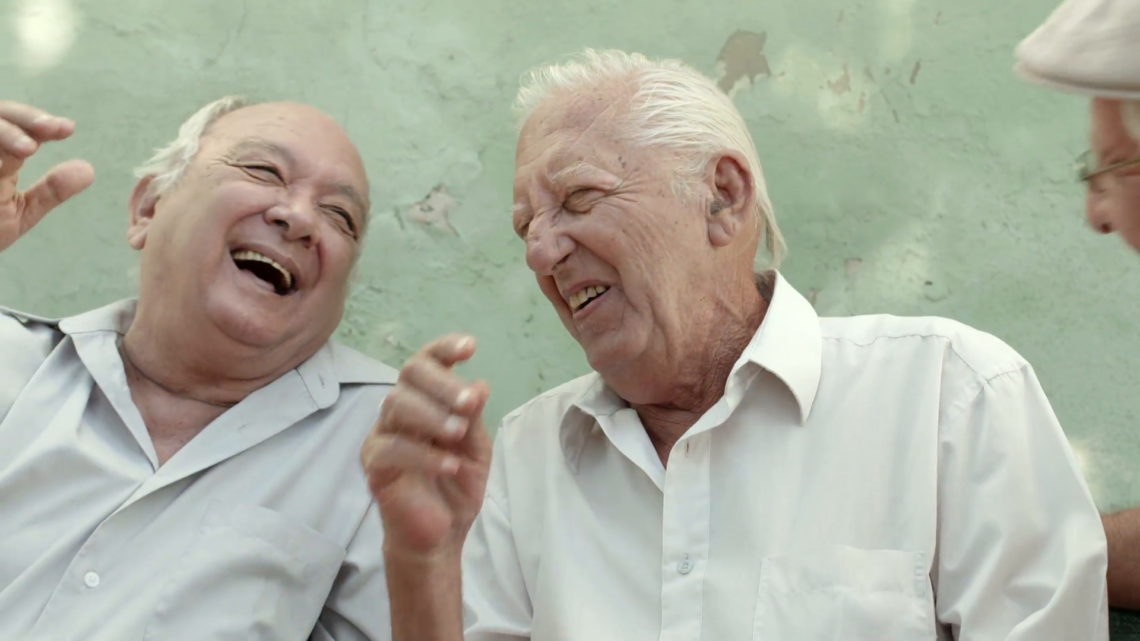In both personal and professional experience, I’ve experienced relationships with older people who’ve stopped living even though they continue to breathe. Rather than seek new adventures, forge relationships, or discover hobbies, they wallow in the past as belief life is behind them deteriorates their spirit. People who succumb to this mentality not only refuse to strive toward new goals, they believe it pointless to challenge themselves, exercise mind and body, or heal emotional wounds. A retired person with whom I had a recent conversation asserted it was “too late” to begin therapy, preferring instead to remain staggered by anxiety and depression fueled by early trauma and bad choices. Belief that life is sole property of the past is depressive because it suggests living has a cutoff point, and proposes that beginnings are reserved for those young and vital enough to enjoy them. This thought process is also rife with anxiety because its focus is not on the present, but on an unseen future of foreboding rooted in belief there will be no time to relish benefits of change and growth.
Conversely, I have clients well beyond age sixty who aspire to heal and grow while discovering what experiences life still has to offer. Furthermore, they don’t use the phrase, “bucket list” because they are more focused on living than dying. Upon our initial meeting, a new client asked me to help her plan a fulfilling and active retirement, then proceeded to share recent outings to the theater with a group she’d recently joined. She views this time in her life as an opportunity to pursue experiences from which raising children once kept her. It is no surprise these folks have less anxiety and higher mood as they are embracing life instead of remaining isolated. Those who continue to pursue life beyond retirement seem to have less regret because they’ve spent their lives ensuring there is little about which to be regretful. They have resolved old grudges, taken reasonable risks, and chosen a path they believed most suited for them as opposed to having their life course dictated by their nuclear family.
Although I have no scientific explanation for these polar approaches to twilight, I’ve established correlations to two distinct life philosophies. While those who believe life is behind them exist in isolation, the “lifers” remain engaged in fulfilling relationships, and maintain a life-long belief connections with others keep them connected to themselves. They enjoy frequent contact with family members, maintain long-term friendships, and join groups that not only facilitate new relationships, but plan frequent outings that offer new experiences. From what I have heard in my time among this population, their conversations are not rooted in reminiscence, but instead are focused on both present and future. Perhaps most importantly; they laugh often. Conversely, people who live in the past have typically valued accomplishments above relationships. One past client of mine believed he never lived up to his family’s professional expectations, failed his children as a provider, and never accrued anything of value. Believing he fell short of societal and familial expectations, he deemed himself a failure, kept to himself, and often stated he wished every night to not wake up the next morning.
Those who’ve stopped living forget life is the possibility of future possibilities, and relationships provide potential. When materialism is prioritized above relationships, concrete goals are the focus. Once those goals are met or missed, life offers little else. I try to drag these people from the past, and into a relationship that makes them crave other new relationships, so they realize connection provides meaning and purpose at any age. Whether or not their investment in the pursuit of goals has paid off, I encourage investment in relationships because a life course shouldn’t be determined by the pursuit of material goals. It is also sad to witness peoples’ preoccupation with who they were or weren’t instead of who they are or could be. I’m also challenged by this work because it raises questions about my own decision making process. Material pursuits are tempting, but if they come at the expense of connection, I might someday believe life ends when I’ve met my goals. I noticed at my mother’s recent wake how nobody talked about what she owned. They shared her impact on their lives, what they laughed about, and how they valued their relationship with her. I need no greater evidence that connection, and the experiences it creates is the conduit to living while we are still alive.





